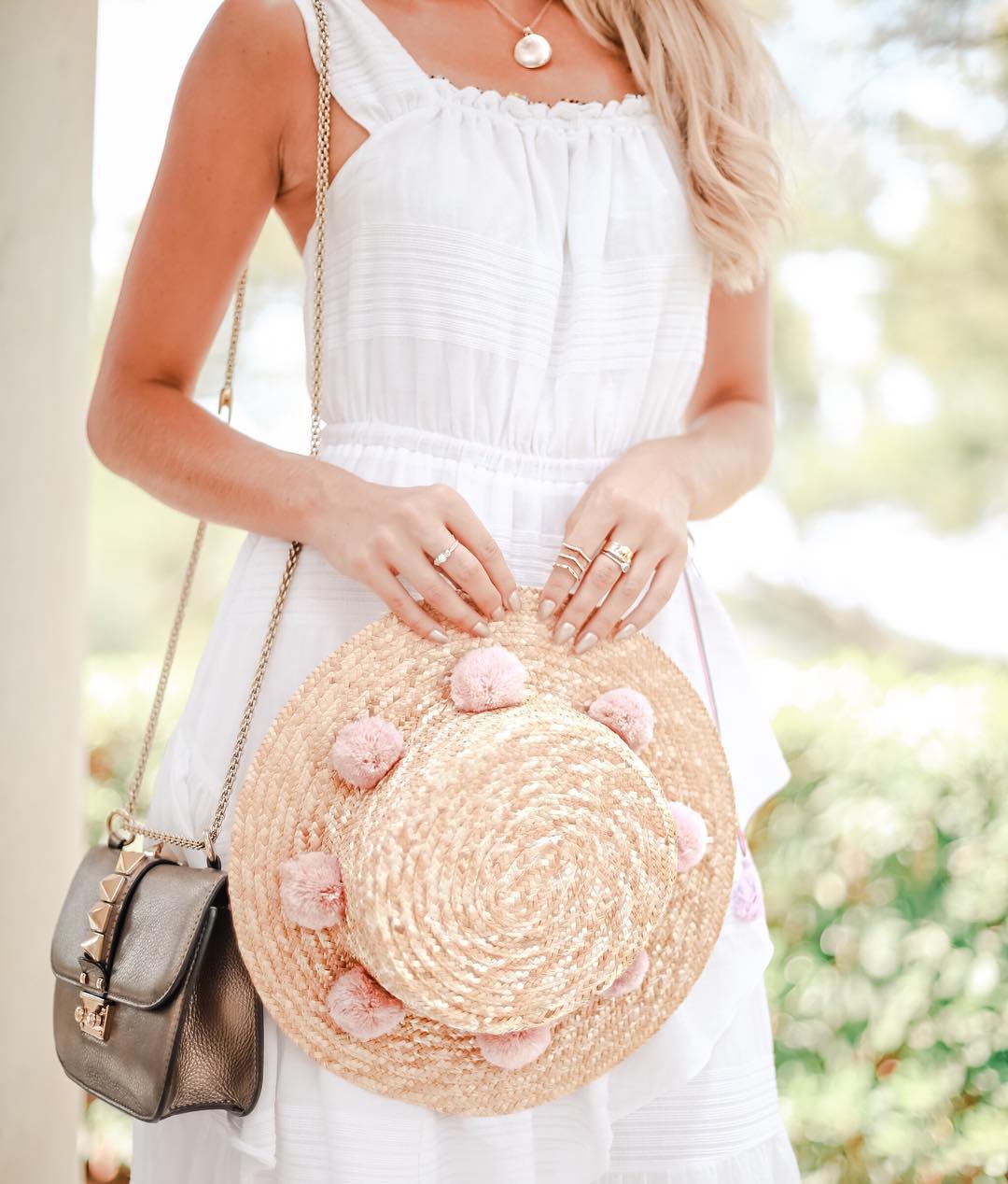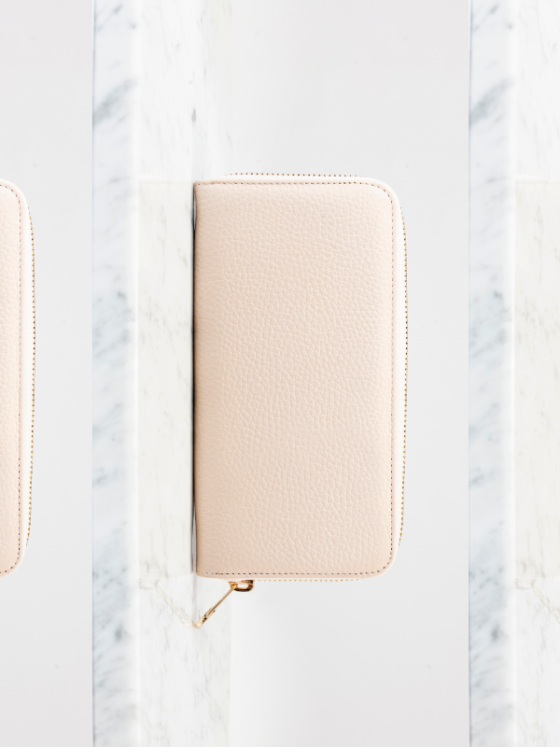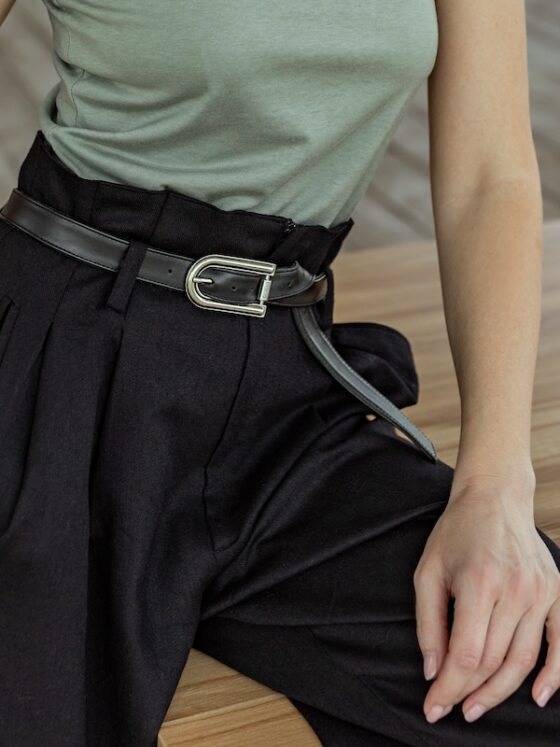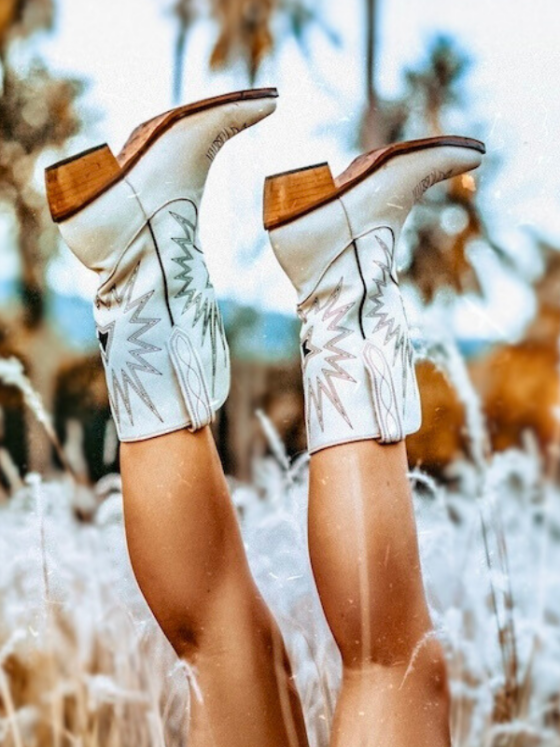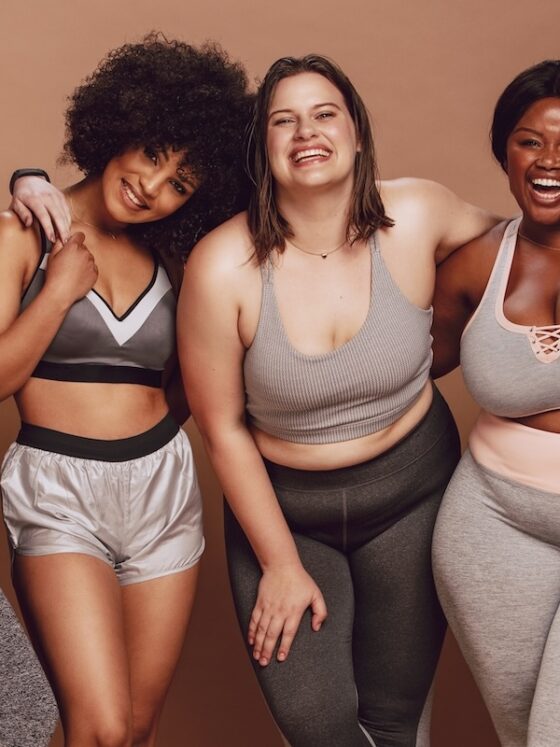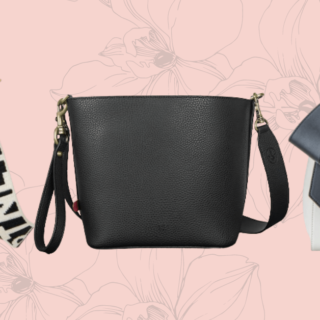The Scoop on Ethical Vegan Shoes
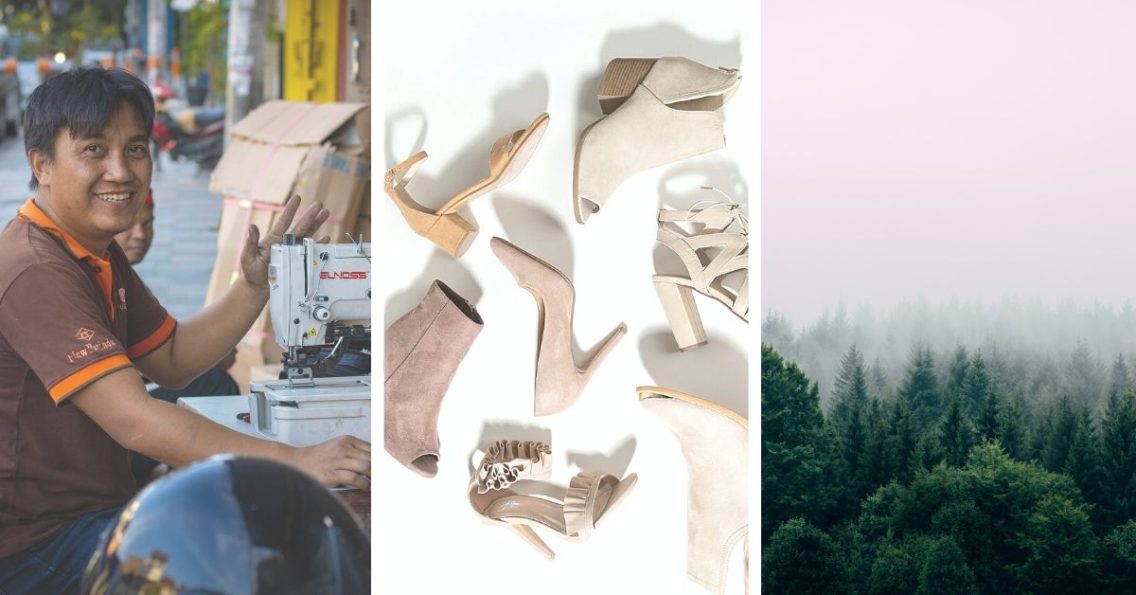
This article explores what really makes ethical vegan shoes “ethical.” If you’re already up to speed on that topic and you’re just looking for some stylish vegan footwear that checks the ethics boxes, head over to Florah’s Vegan Shoe Brands page. It’s a list of amazing vegan shoe companies that have all been carefully vetted for their well-rounded ethics.
Ethical vegan shoes are a key component of any ethical vegan wardrobe. And they can be a tricky one, since so many shoes are still made with leather. On the flip side, even shoes that are made with vegan leather often incorporate questionable materials and are made under questionable conditions.
So finding shoes that are not only vegan but also sustainable and ethically-made is all the more important! This post looks at how to determine if those shoes you’ve been admiring really fill the bill as ethical vegan shoes.
What exactly are ethical vegan shoes?
The question of what constitutes ethical vegan shoes will depend a bit upon your definition of ethics and the importance of different factors to you. The “vegan” piece is straightforward – the shoes, including their outer, upper, lining, sole, and glue must be made without any animal materials. (Yes, watch out for that glue!) The “ethical” aspect is subject to a little more… subjectiveness.
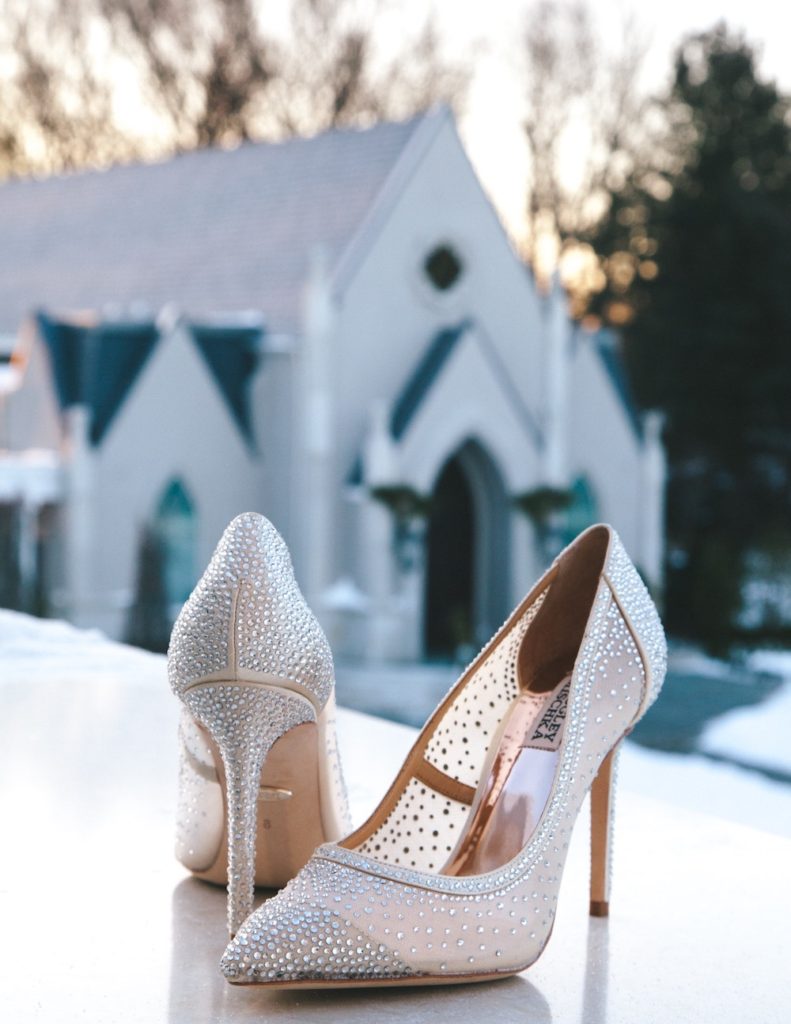
Cost is one helpful parameter to consider. In a perfect world, ethical vegan shoes would probably be made from pineapple, apple, or mushroom leather (all highly sustainable and very expensive). They would be produced in countries with the very best labor laws and worker protections. Or they would be produced locally to minimize shipping emissions.
Beyond that, the shoes would be packaged in biodegradable materials, and made by companies that offer high wages & great benefits to their workers. And to top it off, the companies would donate a percentage of profits to worthy organizations. And then voila! Here’s a beautiful pair of shoes that can be yours for only $1,200.
With costs that reflect all that hypothetical baked-in goodness, only the wealthy few would be able to afford such shoes. So the scale of that operation would be teeny and the impact on the big picture would be minimal. “Ethical,” then, realistically has to work within the bounds of supply, demand, and costs, or the shoes just become a high end, super niche product that’s out of most people’s budgets.
Given the cost factor, below is a list of the criteria that I use on Florah to qualify a vegan shoe brand as ethical. The criteria are relatively strict, but they’re also realistic. They take into account the fact that vegan shoes have to be in some sense affordable in order to make a real impact for good, but at the same time they don’t compromise overly much for the sake of cost.
How to qualify “ethical”
1. Sustainability of materials
This is a big one! Although I, personally, am inclined to say that even the worst vegan leather probably isn’t as bad for the earth as traditional leather (when you stack up the resource use and associated chemical treatments), that does NOT mean that all leather alternatives are sustainable.
There are essentially two categories of non-leather materials: plant-based and plastic-based. (And, to be clear, many plant-based materials are coated or mixed with some plastic in order to protect and enhance them, so it’s not necessarily an either/or.) Plant-based materials include: pineapple leather, apple leather, mycelium leather, hemp, cotton, bamboo, and cork, among others.

By and large, these materials are much better for the earth than plastic-based materials; they are renewable, require fewer chemical treatments, and are often at least partially biodegradable. But, as mentioned above, they are often very expensive relative to other, less sustainable materials.
The second category is plastic-based materials. This includes synthetic fabrics (like polyester), PU (polyurethane), and PVC (polyvinyl chloride). Side note: both PVC vegan leather and PU vegan leather are made with some sort of fabric backing (like cotton) and a heavy plastic coating (which is the PU / PVC). But both are made largely of plastic, which is why I’m calling them plastic-based.
For the purpose of this post, I’m going to focus on PU and PVC because they are the materials you’ll find most often as the base of vegan shoes. First and foremost, I will note that they are not created equal. PVC is widely considered a very environmentally-damaging material. PU, although no angel, is both less toxic than PVC and is being constantly improved upon sustainability-wise.
It’s also worth noting that within the “PU” category there’s a range of eco-friendliness, depending upon how it’s made. Many eco-conscious companies that use PU will speak to that on their sites, and explain why their PU may be more eco-friendly than others. There’s definitely a bit of ‘the lesser of two evils’ at play between PVC and PU. But all things considered, it seems fair and ethical to use above average, more affordable materials like PU vegan leather than to only be able to offer the more expensive plant-based products. More on the differences between PU and PVC here, for those interested!
2. Working conditions for the shoemakers
For those of us not well-versed in international labor laws, factory fair labor certifications, and so on, this can be a bit of a cloudy area. What I have found in my research for this blog as a baseline measure of worker treatment is twofold: (1) look for where the products are produced and (2) gauge how much, if anything, is said on the working conditions and workers’ rights on a company’s website.
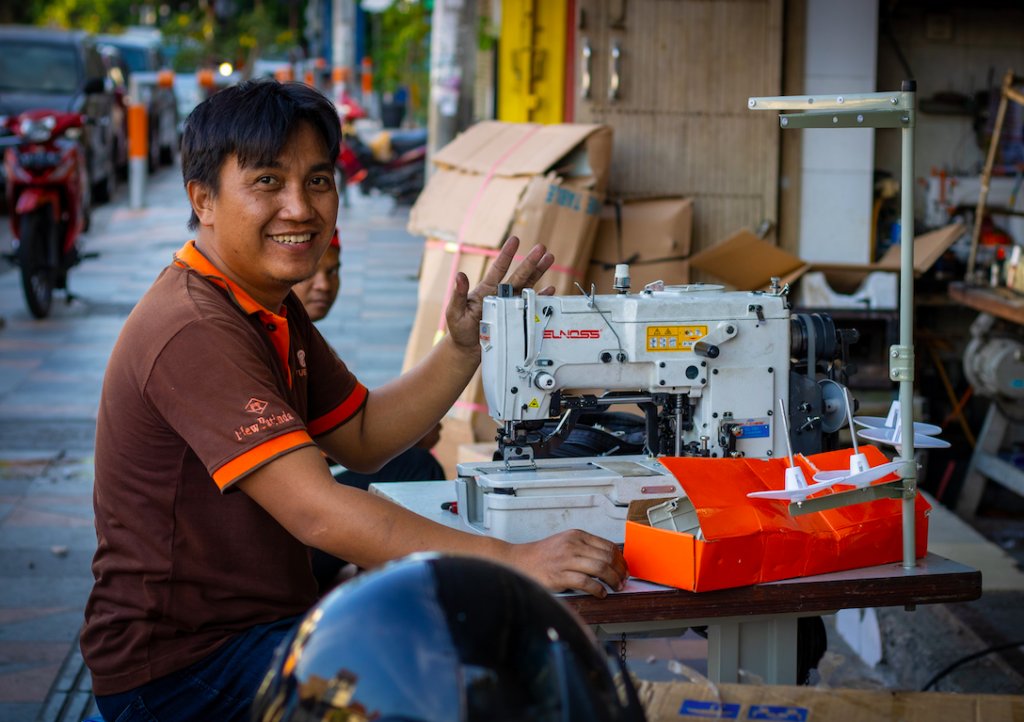
Unfortunately, China is known for their continued use of sweatshops and child labor in some cases. (China is certainly not the only country guilty of that, but they happen to be one that you’ll see as the country of origin very frequently.) If a company says that its products are made in China and gives no further qualifiers (ex. “Certified sweatshop-free” or Fairtrade certified) this is cause for concern. It is worth reaching out to the company to learn more.
I have found it to be pretty clear and intuitive when a company cares about the people making its products, based on how much they choose to share, pictures and videos of the workers and factories included on their site, direct mentions of paying fair wages & working conditions, efforts to get their factories certified, etc. It should be pretty clear when it’s at least a topic of care and is on their radar. When in doubt, it’s always best to reach out and ask!
(Anecdotally and for what it’s worth, companies cranking out PVC-based products for low prices tend not to say anything whatsoever about where their products come from and who makes them… usually a clear red flag.)
3. Overall ethos of the company behind the shoes
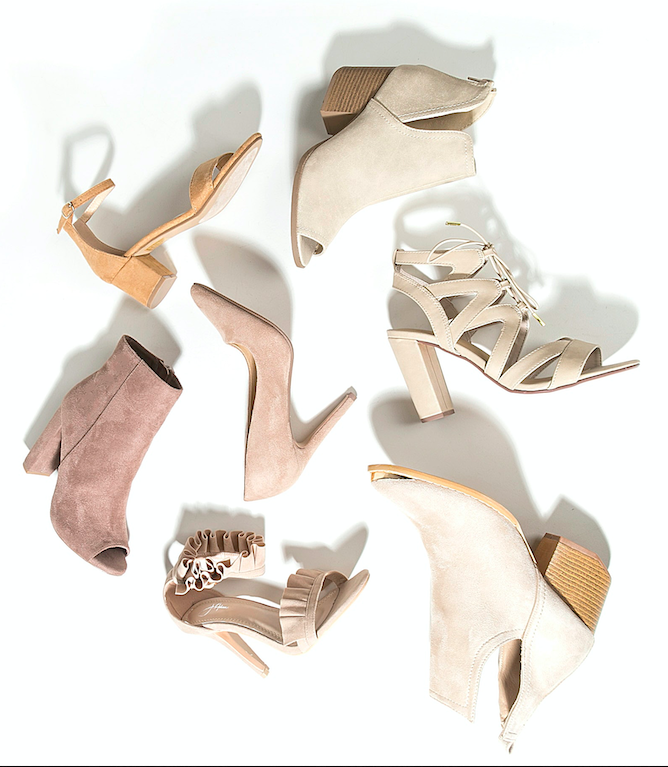
A brand says a lot. What is the company’s mission as stated on its website? Are they trying to be a high fashion vegan shoe brand with prices that cannot be beat, but don’t mention what the products are made from or where they’re made? Or are they trying to provide high quality vegan shoes that are good for animals and the environment, and substantiate their claims with clear information?
Certainly, marketing efforts are omnipresent and you can’t always take what a company says at face value. But it is a fair bet that your ethical vegan shoes are truly ethical if everything aligns and suggests transparency, like use of good materials, effort and care to pay fair wages & provide good working conditions, acknowledgement that there are improvements to be made & work towards those improvements, etc. It’s also great to see when a company donates some percentage of profits to an animal or environmental charity or to a fund for their workers; that, to me, speaks volumes to their ethics and priorities!
So, there you have it. As with so many things, there is plenty of nuance here. You may have to dig to understand if that pair of vegan shoes you’ve been eyeing really checks the boxes. I’m happy to say that I have already done extensive research on this topic, and I have compiled a list of the vegan shoe brands that I’ve found to be truly ethical here. Enjoy, and thank you for reading! xx
